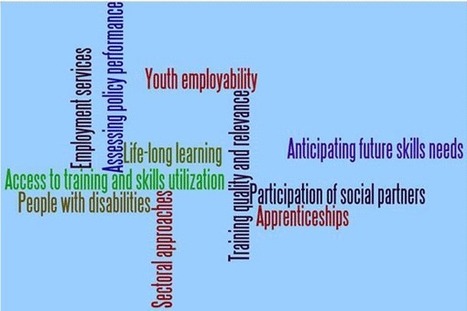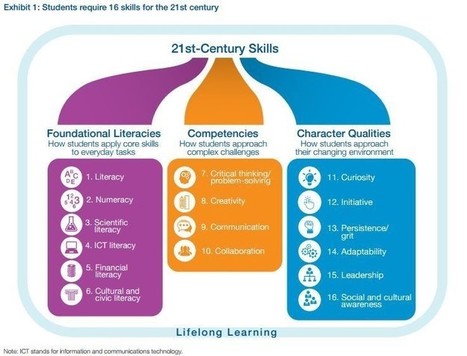To succeed, organizations need aggressive workforce development to address the widening gap between the Haves and the Have Nots. Now is the time for leaders to be responsive and responsible: we cannot slow the rate of technological advance or globalization, but we can invest in employees’ skills to increase the resilience of our people and organizations.
Research and publish the best content.
Get Started for FREE
Sign up with Facebook Sign up with X
I don't have a Facebook or a X account
Already have an account: Login
Compilation of information related to vocational training in English
 Your new post is loading... Your new post is loading...
 Your new post is loading... Your new post is loading...
No comment yet.
Sign up to comment
|
|














